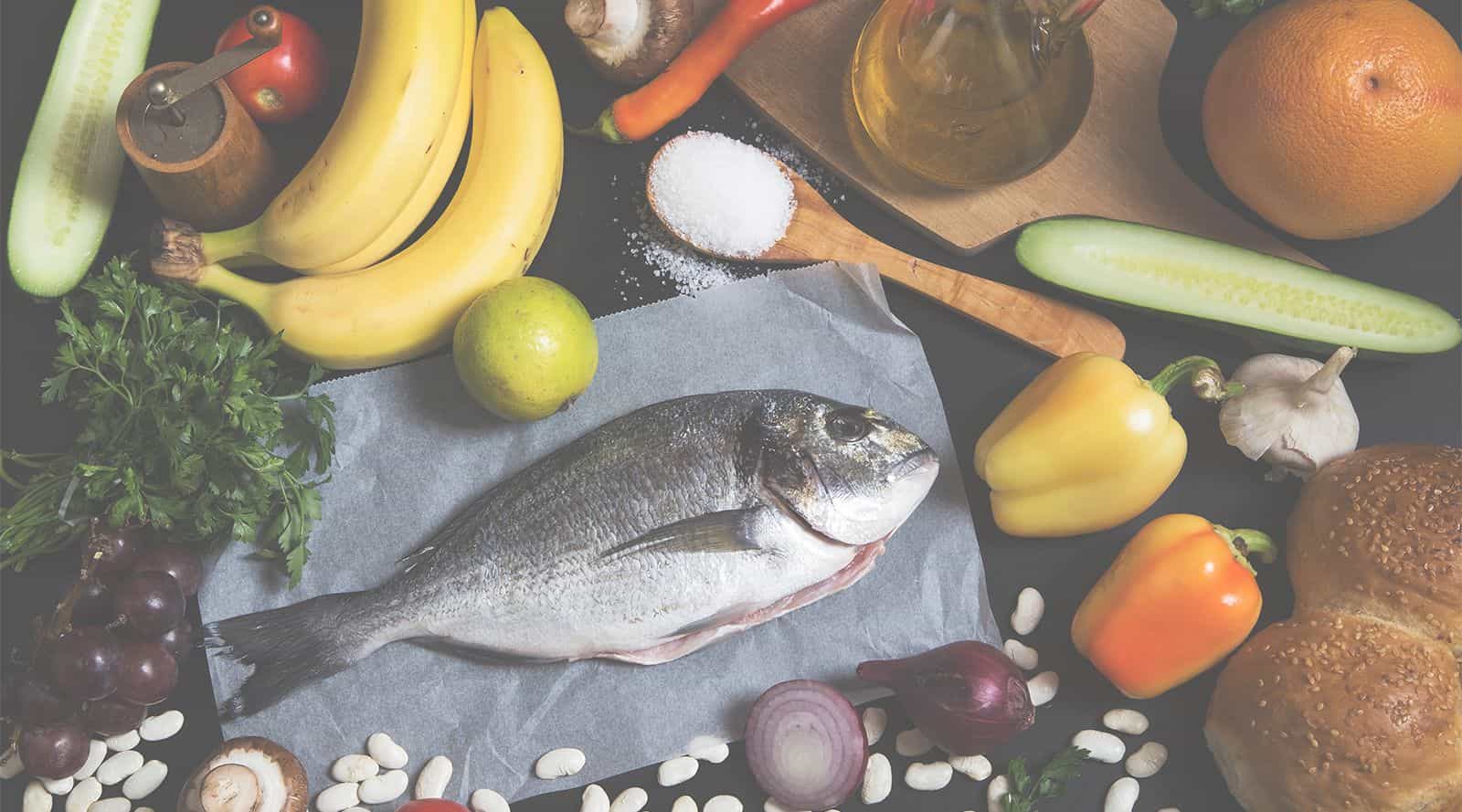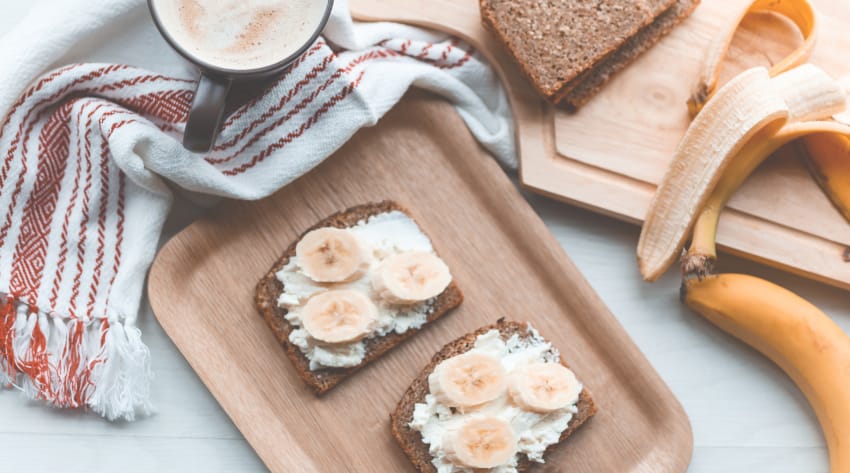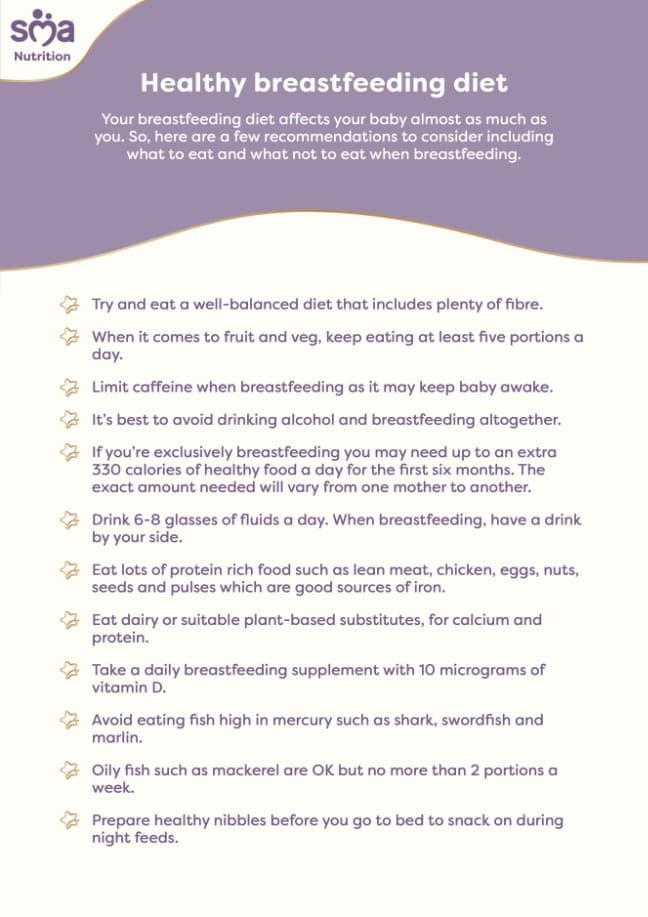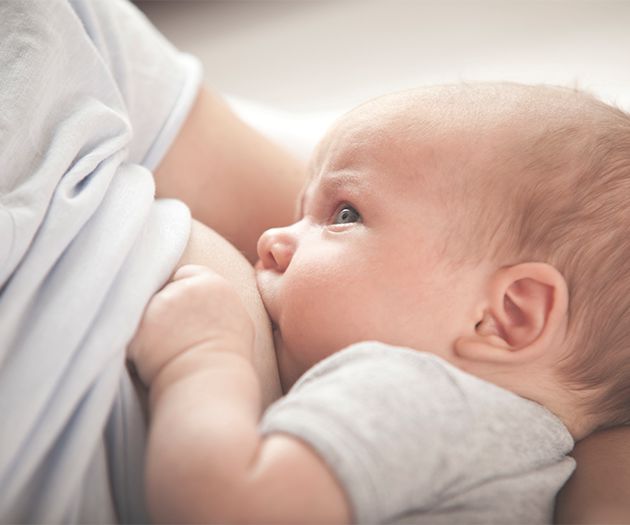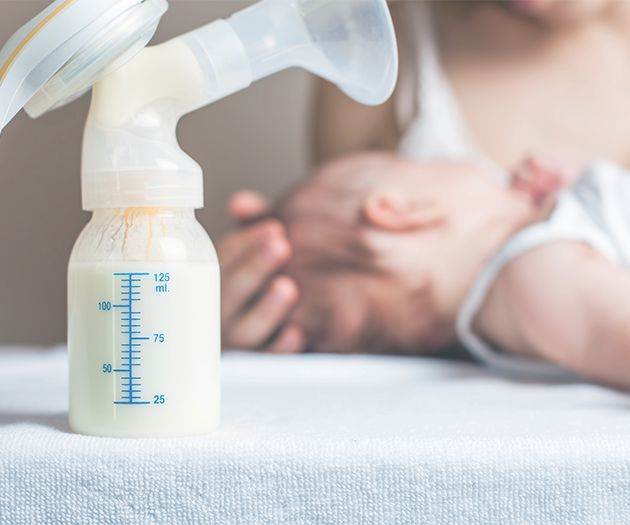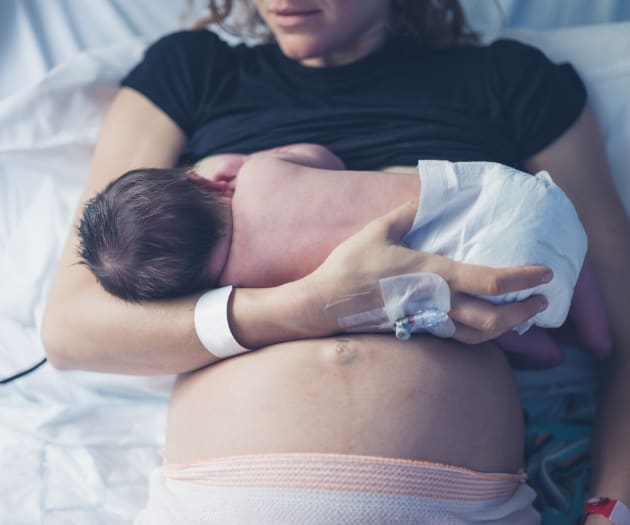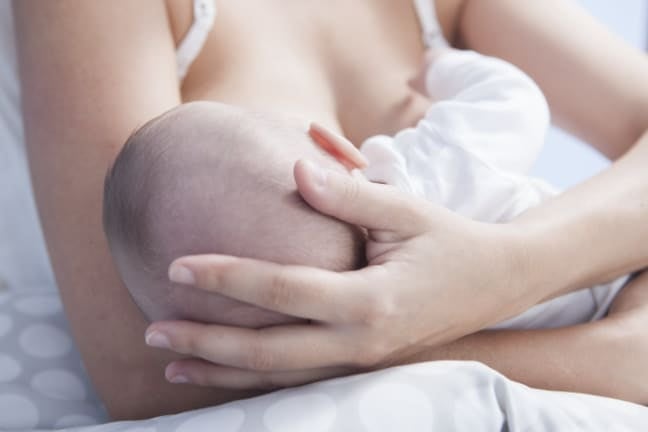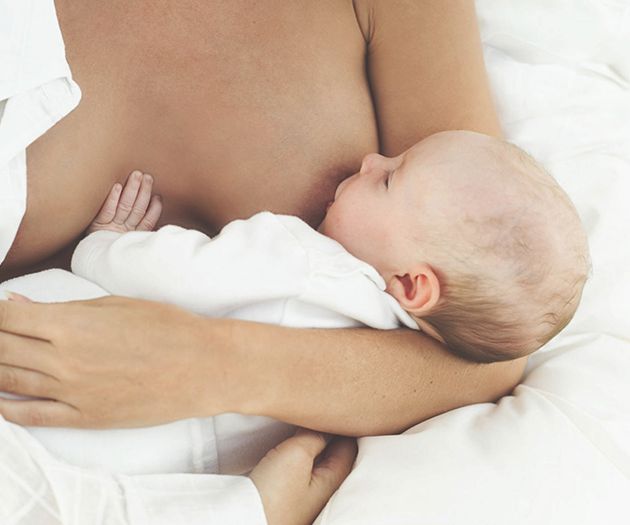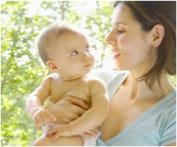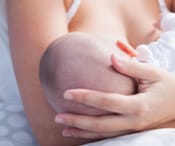Introduction
You don't need to follow a special diet while you're breastfeeding. But it's a good idea for you, like everyone else, to eat a healthy and varied diet. Mums who exclusively breastfeed in the first six months require an extra 200-300 calories a day, but that doesn't mean overdosing on 'empty' calories from sugar or refined carbohydrates. A balanced, healthy diet will help you and your little one get all the vitamins, proteins, minerals and calories you need without piling on the pounds.
It helps to know that the flavours you consume will be transmitted to baby through your milk. So, eating a healthy, varied diet while breastfeeding can help support the development of healthier eating habits later in life. The first 1000 days of an infant’s life are when their food preferences start to develop, so it’s a really important time.
Foods to eat and foods to avoid when breastfeeding
Now that baby’s here, you’re probably chomping at the bit to eat some of the things you avoided during pregnancy - but hold your horses, there are a few things that should be limited if you’ve chosen to breastfeed. The food and drinks to avoid include:
- Alcohol - while the occasional beverage is unlikely to do any harm, it’s better to avoid drinking alcohol if you’re breastfeeding.
- Caffeine - this stimulant can make your baby restless. It’s found not just in coffee but many types of teas, fizzy drinks and chocolates. If you still need your daily fix, try not to have more than 200mg of caffeine which is about two mugs of filter coffee.
- Fish - while it’s beneficial to eat two portions of fish a week, it’s also something you need to limit. You should try to stick to no more than two portions of oily fish in a week while breastfeeding. This includes salmon, trout, mackerel, herring, sardines and pilchards. Varieties such as swordfish, marlin or shark should be limited to once a week, due to the high levels of mercury. To limit mercury intake, the FSAI (Food Safety Authority of Ireland) recommends avoiding these fish all together.
Before we go into what to eat when breastfeeding, it’s worth pointing out that unless you’ve been advised otherwise, there’s no reason to avoid foods like peanuts or dairy during breastfeeding as this has not been shown to prevent allergies.
- Plenty of fruit and vegetables (fresh, frozen, tinned, dried or juiced are fine). As always, have at least five portions of a variety each day.
- Starchy foods, such as bread, pasta, rice, potatoes and other root vegetables.
- Protein, such as lean meat and chicken, fish, eggs, nuts, pulses (beans and lentils). They’re all good sources of iron too.
- Dairy foods, such as milk, cheese and yoghurt not only contain calcium but are also a useful source of protein.
- Plenty of fibre, from wholegrain bread, nuts, pasta, rice, pulses, fruit and vegetables. Fibre can help with any constipation problems.
- Drink plenty of fluids - six to eight glasses a day. You'll need to do this to replace the fluid your baby takes. Water, milk, herbal tea or unsweetened fruit juices are all good choices.
- It’s recommended that everyone takes a daily supplement containing 10 micrograms of Vitamin D. A healthy balanced diet will provide all the other vitamins and minerals you need. If you aren’t already taking a supplement, there’s no better time to start.
Caffeine and breastfeeding
You’re probably wondering, can I drink coffee while breastfeeding? Your baby can consume caffeine through your breast milk, which may affect them and keep them awake. While breastfeeding, limit your caffeine consumption to less than 200mg per day. Here’s a quick guide:
- One mug of filter coffee: 140mg
- One mug of instant coffee: 100mg
- One mug of tea: 75mg
- One can of energy drink: up to 80mg
- One 50g plain chocolate bar: up to 50mg
- One cola drink (354mls): 40mg
Avoid drinking tea and coffee with meals as the tannins may impede iron absorption. Some breastfeeding babies seem to react to foods their mothers eat. If you think some foods you eat are affecting baby, talk to your GP or health visitor. Remember, it’s normal for breastfed babies to have loose stools. If you think your baby might have a feeding issue, then try our feeding issue symptom checker.
Breastfeeding diet plan
A balanced, healthy diet will help you and your little one get all the vitamins, proteins, minerals and calories you need. Here’s an easy-to-digest guide to the foods good for breastfeeding and that you should include in your daily diet:
Iron
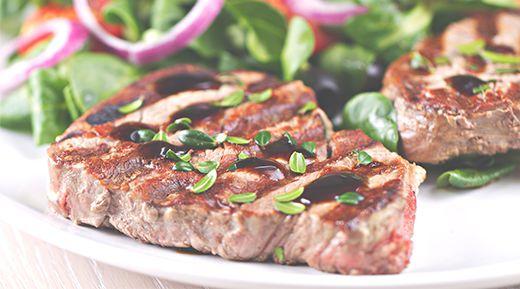
Iron helps red blood cells carry oxygen around your body. It helps prevent excessive tiredness and supports your baby’s development.
Good sources: fortified breakfast cereal, red meat, sardines or pilchards, pulses, leafy green vegetables (like broccoli or spinach) or eggs.
Iodine
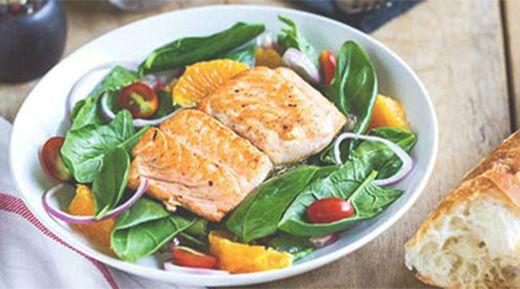
Iodine is required to produce thyroid hormones. These are important to many bodily processes, such as metabolism. They also play an important role in the early development of your baby’s brain.
Good sources: white fish, oily fish, cows' milk, full fat yoghurt, prawns.
Vitamin D
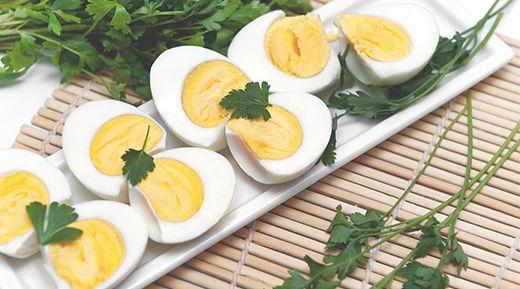
This helps your body absorb calcium to promote strong teeth and bones. Find out more on the importance of vitamin D in newborns.
Good sources: Breast fed babies should have a daily vitamin D drop containing 8.5 to 10 mcg/day and a supplement for mum containing 10mcg, fortified breakfast cereals, fortified fat yoghurt, eggs, sunlight - 10 to 15 minutes a day (for mum only, baby’s delicate skin needs shade).
Omega 3
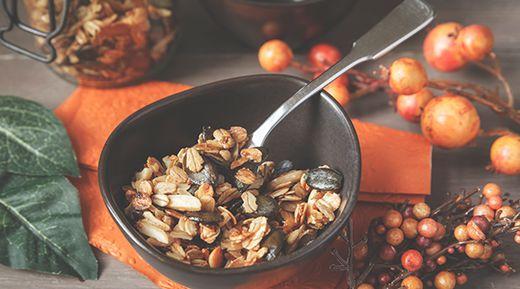
‘Good’ fats like omega-3 keep your heart healthy and help support your baby’s eye and development.
Good sources: oily fish, some nuts and seeds and omega-3 rich vegetable oils, such as rapeseed and linseed oil.
Vitamin C
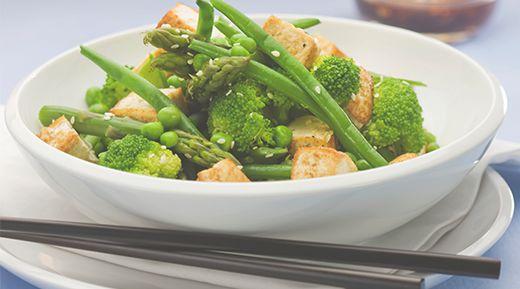
Vitamin C helps maintain healthy tissue in your body and improves the absorption of iron from non-meat sources. It helps maintain and support your baby’s blood vessels, muscle and bones.
Good sources oranges, strawberries, orange juice, steamed broccoli florets, grapefruits and baked potato.
Breastfeeding snacks
It’s important to remember to feed yourself when feeding baby, however you do it. Chances are you’ll be grabbing what you can, when you can and eating it over a tiny head. So, it’s a good idea to have some breastfeeding snacks. Something easy to eat (one-handed), relatively mess-free and full of the right nutrients. Here are our starters for elevenses:
- Hard boiled eggs and wholegrain crackers.
- A tub of cottage cheese sprinkled with seeds and chopped veggies – spoon at the ready!
- Houmous and chopped peppers or lentil chips.
- Peanut or almond butter with celery batons or apple slices.
- Spanish omelette (tortilla) or quiche.
- Mixed nuts and seeds. (Just check on baby for any that have escaped your mouth).
- Sliced bananas on rice cakes.
Why not download our handy healthy breastfeeding diet checklist. Full of top tips for a healthy breastfeeding diet.
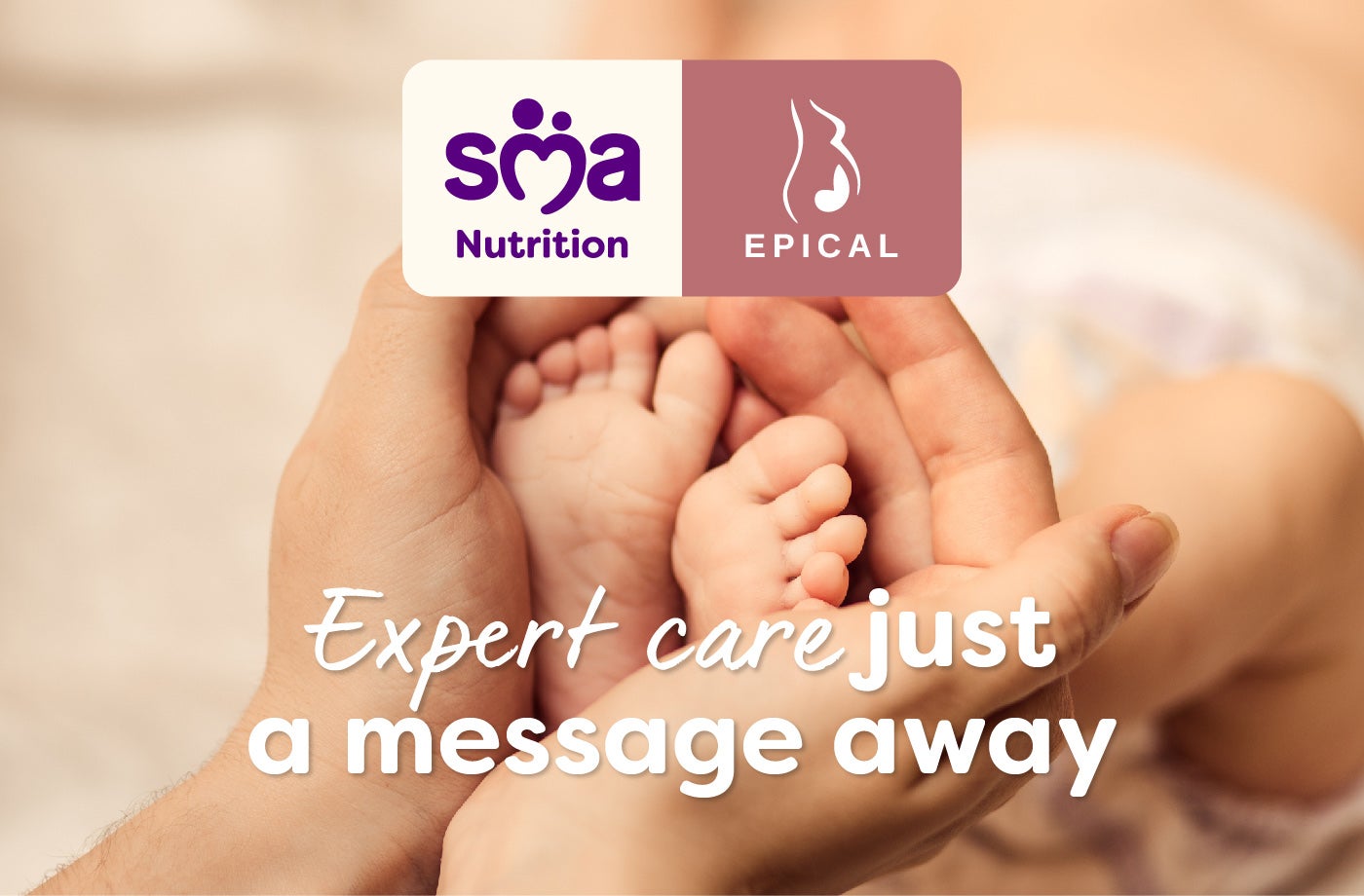
Midwife Live Chat
We have partnered with Epical Global giving our SMA® Baby Club members instant access to a team of expert midwives, ready to answer all your questions. The midwife team are on hand via live chat Monday to Friday, 10am – 8pm.



